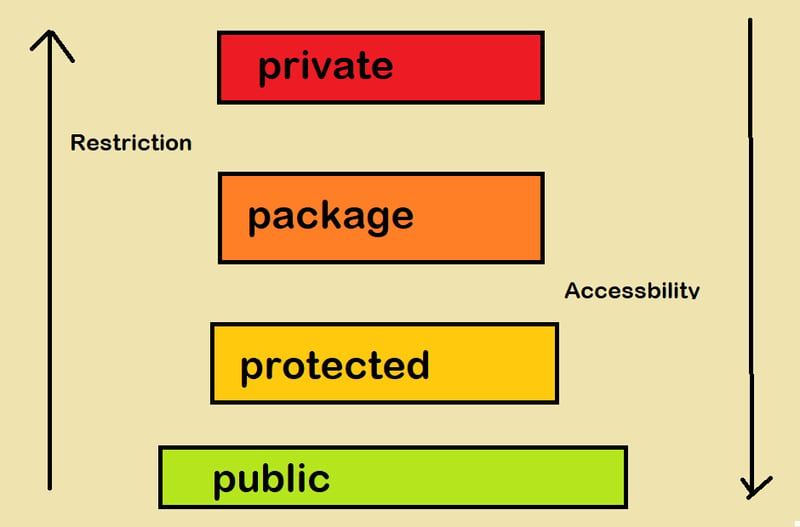Is Trump abusing the Alien Enemies Act to deport Tren de Aragua gangsters?
Are the due process rights of those accused of membership in the Trend De Aragua gang being denied?

The Alien Enemies Act has once again become a political point of contention in America.
Presidents can invoke the act’s powers with a proclamation “whenever there shall be a declared war between the United States and any foreign nation or government, or any invasion or predatory incursion shall be perpetrated, attempted, or threatened against the territory of the United States, by any foreign nation or government.”
The most recent invocation occurred on March 15, 2025, when President Trump issued a proclamation declaring that “all Venezuelan citizens 14 years of age or older who are members of [Tren de Aragua], are within the United States, and are not actually naturalized or lawful permanent residents of the United States are liable to be apprehended, restrained, secured, and removed as Alien Enemies.”
His proclamation is based on a determination that Tren de Aragua gang members are “perpetrating, attempting, and threatening an invasion or predatory incursion against the territory of the United States … .at the direction, clandestine or otherwise, of the Maduro regime in Venezuela.”
The Biden administration designated Tren de Aragua as a Transnational Criminal Organization to emphasize “the escalating threat it poses to American communities.” The current administration added it to the State Department’s list of Foreign Terrorist Organizations a few months ago. This means that the State Department has concluded that the gang is:
- a foreign organization;
- it engages in terrorist activity, or terrorism, or retains the capability and intent to engage in terrorist activity or terrorism; and
- its terrorist activity or terrorism threatens United States national security.
Opponents of the proclamation have objected to the methods by which the administration is removing the Venezuelans. They claim this is a violation of due process because the people being deported are not being given a hearing at which they could rebut the claim that they are Tren de Aragua gang members.
It's true that hearings are not being provided for these aliens, but they aren’t supposed to be getting hearings. Congress passed the Alien Enemies Act to give presidents the power to respond to an invasion or a predatory incursion without the delays that hearings would require — lengthy delays would have been unavoidable in the present situation, as the immigration court is experiencing a backlog crisis. As of the end of February, it had a backlog of 3,716,106 cases.
These migrants aren’t likely to get relief in an appeal to a federal court either, thanks to the “political question doctrine,” which posits that some issues are “so politically charged” the judiciary, which is “viewed as the apolitical branch of government,” should not adjudicate them.
For instance, in Ludecke v. Watkins, the Supreme Court refused to intervene when President Truman continued to rely on a wartime application of the Enemies Act for three years after the fighting had stopped. The court held that the question of when a war has ended is too political for a judicial resolution.
The court did acknowledge, however, that “[s]uch great war powers may be abused, no doubt, but that is a bad reason for having judges supervise their exercise, whatever the legal formulas within which such supervision would nominally be confined.”
President Franklin D. Roosevelt's invocation of the act is well-known.
At 8:00 a.m. on Dec. 7, 1941, hundreds of Japanese fighter planes attacked the Pearl Harbor naval base near Honolulu, Hawaii. They destroyed or damaged nearly 20 naval vessels and more than 300 airplanes; and they killed 2,403 Americans. Later that day, Roosevelt issued a proclamation that prohibited Japanese Americans from “giving information, aid or comfort to the enemies of the United States or interfering by word or deed with the defense of the United States.”
He went to Congress the next day and asked for a declaration of war against Japan, and his request was granted.
On Feb. 19, 1942, he issued a proclamation giving the secretary of war and military commanders “the power to exclude any and all persons, citizens and aliens, from designated areas in order to provide security against sabotage, espionage and fifth column activity.”
When Japanese Americans did not comply voluntarily with this proclamation, the army put approximately 122,000 of them in internment camps, around 70,000 of whom were American citizens. This was done without hearings to determine who should be put in camps.
Moreover, they were given only 48 hours’ notice before they were taken into custody to be transported to internment camps. This caused many homeowners and businessmen to sell out at a loss. The total property loss was around $1.3 billion, and the net income loss was around $2.7 billion.
Those apprehended were forced to live in squalid conditions. A congressional Commission on Wartime Relocation and Internment of Civilians heard testimony from more than 750 witnesses. In a summary of its report titled, “Personal Justice Denied,” the commission asserted that:
“[F]amilies could take to the assembly centers and the camps only what they could carry. Camp living conditions were Spartan. People were housed in tar-papered barrack rooms of no more than 20 by 24 feet. Each room housed a family, regardless of family size. Construction was often shoddy. Privacy was practically impossible and furnishings were minimal. Eating and bathing were in mass.”
This has been called “one of the most atrocious violations of American civil rights in the 20th century.”
Should the courts stop presidents from implementing arguably abusive removal practices under the act? Or should Congress add provisions to the act that would require hearings? Maybe, but either of those actions could prevent presidents from responding quickly enough to an invasion or predatory incursion.
Perhaps Spock put this dilemma in proper perspective in “The Wrath of Khan,” when he said “the needs of the many outweigh the needs of the few.”
Nolan Rappaport was detailed to the House Judiciary Committee as an Executive Branch Immigration Law Expert for three years. He subsequently served as an immigration counsel for the Subcommittee on Immigration, Border Security and Claims for four years. Prior to working on the Judiciary Committee, he wrote decisions for the Board of Immigration Appeals for 20 years.











































































